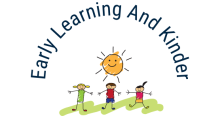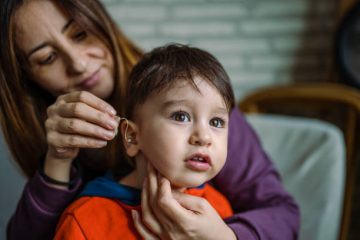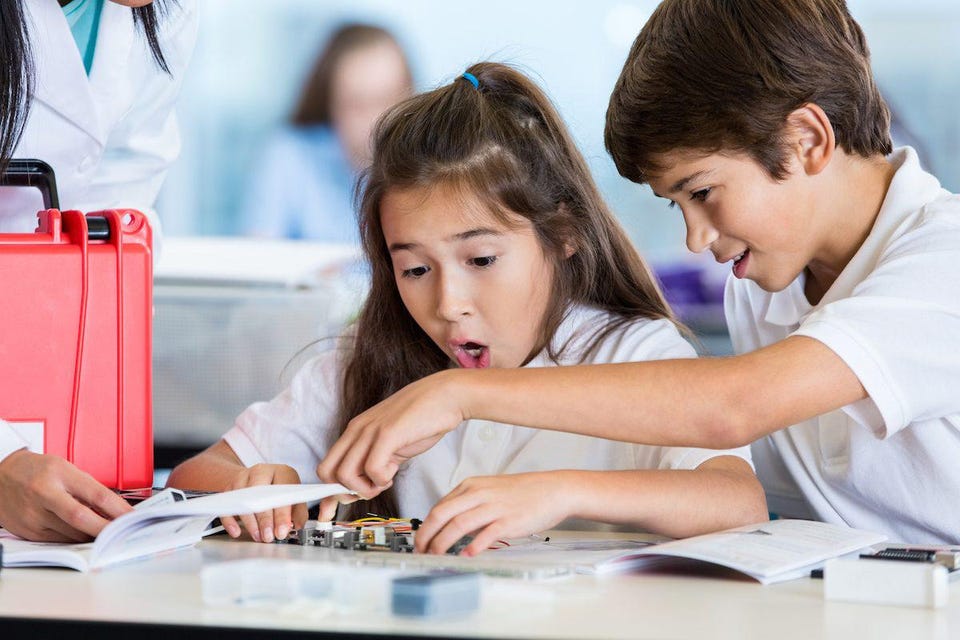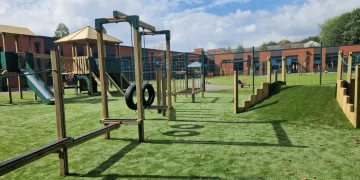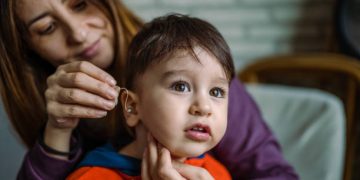Do’s and Don’ts to End Hitting for Good
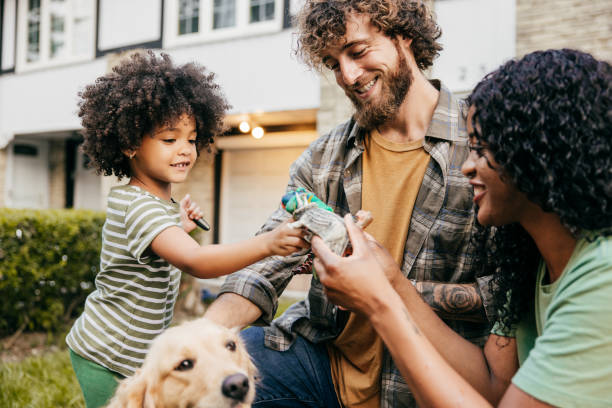
This post is for children OVER 3 years old.
It’s easy to be frustrated by hitting and other aggressive behavior in younger children (under the age of 3), but it can be hard not to feel angry with older kids, who “should know better.”
Let’s pause before we react with rage and lose our marbles.
We should not see their aggressive behavior as a sign that our child will become a bully for life. Instead, we should look at it as an indication that they could benefit from some training on impulse control strategies.
Labeling our child “violent,” “aggressive,” or “bad” will only discourage them and increase the likelihood of the behavior happening again.
There are a few things you can do before, during, and after an event that will help make aggressive behavior a thing of the past.
Set your child up for Success.
Make sure your children are getting enough sleep.
If they have slept enough, it’s more likely that they will positively control their impulses. ).
DO NOT overstay your visit.
If a child is at the end of their rope during a visit longer than they can handle, they may act out aggressively.
Do not skip your rest or nap time.
If the child is able to rest and regroup, whether she sleeps or doesn’t, playdates and visits with family will be much more enjoyable.
Fill your child’s attention bucket daily.
Provide positive attention daily. Spend time every day getting into their world on their terms to build emotional bonds and calm their impulses to lash out.
Do not teach conflict resolution strategies that are positive.
Kids who know how to use techniques such as “I Feel” statements, walking off, ignoring, reaching a compromise, and more will not feel the need to hit.
Do not hesitate to intervene at the first sign that there is an attack.
Let your child negotiate with words. Step in to calm your child down as soon as the fists are raised. It may be necessary to keep a close eye on your kid for some time.
There’s more to the story of sibling fighting than you might think. Check out my tips here when fighting between siblings becomes physical.
Please encourage your children when they are peaceful.
Mention it when you notice your child managing their emotions with no hitting. You really controlled yourself when you were angry with your friend. I know it wasn’t easy. You’re growing up !”
Allow plenty of physical exercise.
Some children are more physically active than others. They need to be moving. Positively encourage movement, like practicing goal kicks. This will help them release pent-up energy.
Move, and you’ll be less likely than ever to have a bad day with a friend.
DO model peaceful communication.
The more respectful the environment in our home is, the less likely it will be that our children turn violent. Respect and kindness are the key to raising your children’s levels of respect.
Stress and frustration that can lead to aggression will be reduced.
The moment
DO NOT spank or slap an offending child.
This reinforces the idea that hitting is acceptable and models the exact behavior you are trying to eliminate.
Don’t punish.
We should focus on helping the child learn how to manage their emotions positively. The child will be discouraged if you punish him, tell him he’s “bad,” or embarrass him in public.
This makes future aggression more probable.
Do not worry about the opinions of others.
You may find it difficult to parent in public, but you can tune out everyone else. Respect those around you while focusing on your child, not your reputation or their suggestions.
DO remain calm.
While it’s natural to feel upset when your child hits another child or you, you’ll achieve better results if you remain calm.
A violent reaction will not only put your child on the defensive, but it will also reinforce her negative behavior. You can show your children that you are in control and can help them to do the same by remaining calm.
Do not hesitate to check on the injured person.
Include your child if she is calm and willing to participate in the process. This will help her to develop empathy for others’ feelings.
Please keep your child close to you so that he does not feel left out.
Remove your child, if necessary (without anger), from the immediate environment so that you can calm her down without distractions.
DO show empathy and boundaries.
Separate the emotion from the behavior. Say, “Wow, you look angry/frustrated/mad/upset. It’s not ok to hit someone when they are angry .”
Practice for next time
In a calm moment…
DO role-play typical scenarios.
Practice with your child how to respond in a non-violent way – by using words, asking for an adult’s help, or walking away.
Do not forget to practice relaxation techniques.
Decide with your child on a technique she can use to calm herself down when feeling frustrated or angry. You and your child may want to try belly breathing or counting up to 10.
Create a super secret non-verbal message.
You can use this sign to remind your child not to resort to violence when the situation becomes tense.
Recognize that impulse control can be difficult for children.
It’s harder for children with ADHD or other disabilities. Remember to be patient and that training is a continuous process.
Final Thoughts
It’s not the end of the world to face your child’s aggressive behavior. You can take heart in knowing that this difficult time is an opportunity to teach your child peaceful impulse control techniques that will benefit them now and for years to come.
Remember that hitting is a SYMPTOM for a larger problem. You’ll have no problem solving the problem once you find the cause.
